
- Home
- Media Center
-
Events
- Wuzhen Summit
- Regional Forums
- Practice Cases of Jointly Building a Community with a Shared Future in Cyberspace
- World Internet Conference Awards for Pioneering Science and Technology
- The Light of Internet Expo
- Straight to Wuzhen Competition
- Global Youth Leadership Program
- WIC Distinguished Contribution Award
- Membership
- Research & Cooperation
- Digital Academy
-
Reports
- Collection of cases on Jointly Building a Community with a Shared Future in Cyberspace
- Collection of Shortlisted Achievements of World Internet Conference Awards for Pioneering Science and Technology
- Reports on Artificial Intelligence
- Reports on Cross—Border E—Commerce
- Reports on Data
- Outcomes of Think Tank Cooperation Program
- Series on Sovereignty in Cyberspace Theory and Practice
- Other Achievements
- About WIC
- 中文 | EN

RuralStar: Having every corner of the world connected
Backpack-sized base stations and local network deployment solutions connect remote areas to the world.
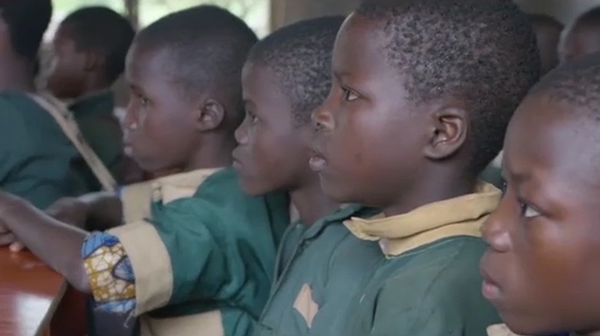
The digital divide remains
As GSMA research report, there are still 0.6 billion people around the world who are not connected to mobile network, and 57 million children do not have access to education. Most of them live in remote rural areas, with small population and backward development, and often lack stable power supply and good transportation conditions. Traditional communications construction has difficulties in power supply, transportation, and installation.
Life is not the same in villages where connections are established for the first time.
The average daily electricity supply in Nigeria is about four hours, and the lack of electricity supply is a challenge for everyone every day. Mobile operators are challenging to build base stations or provide communications services to rural Nigerians.
Tobolo, a small village on the western border of Nigeria, the RuralStar solution is affectionately known as the "wood pole" by locals. It deploys a small mobile base station on a simple pole that requires only six solar panels to supply power, quickly bringing wireless communications networks to remote areas.
On the first day of the village's mobile communications network, villagers sang and danced together to celebrate, because the communications base station will change their lives forever. With better connectivity, local villagers have opened more new shops, as communication is easier, unnecessary costs are reduced, and incomes are slowly increasing.
If needed, timely medical assistance is also available. For Adeshia, a community health worker, changes in communication patterns can often determine the fate of many patients. Now she doesn't have to go to a nearby city to get a doctor to come to the country, make a phone call or a message, saving precious time and getting more opportunities to save lives.
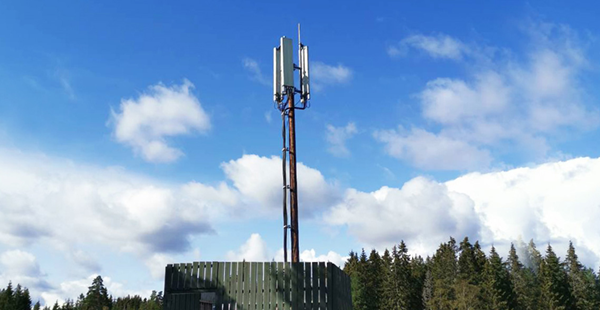
The story of "the Amazing Wood Station"
We note that telephone calls and Internet access are not yet available in a large number of remote areas in Africa owing to the lack of communications facilities. In these areas, the population is scattered, the power supply is not stable, and the road condition is very poor. Traditional tower stations are difficult and unsuitable to be deployed in these remote areas due to high costs and transportation difficulties.
To solve this problem, Huawei's RuralStar solution has its own power supply and has low power consumption. A simple and compact base station can be installed on a wooden pole to quickly and cost-effectively provide mobile communication services for remote areas. In Ghana, for example, we built a wooden station in just three days, reducing time and cost by 70 percent. The villagers' lives have changed dramatically since then.
RuralStar in Ghana
In May 2020, the Ghana Government's Rural Grid Project Financing Agreement was officially signed and put into effect. Huawei will build more than 2000 RuralStar sites for the Ghana Government. (including base station, transmission, energy, core network, and service modules) After completion, the wireless network coverage in Ghana will increase from 83 to 95 percent, benefiting millions of people, and contributing to the development of Ghana's local economy and the improvement of people's livelihood. The project implements Tech4ALL's vision of social value, sets the corporate responsibility benchmark of "inclusive technology", and further enhances the business environment.
Bring high-speed connectivity to islanders
Xiaoqushan Island in Zhoushan city, Zhejiang province, is a small area, but it is an important sand and gravel mineral base in Zhoushan. Sand and gravel mining is intense, and workers usually live on the island. Mobile phones have become their primary means of communicating with their families and having fun.
It is difficult to provide wireless coverage for mobile phone signals on islands, especially for transmission. Undersea fiber optics are too expensive and not economical. Microwave transmission usually affects link stability due to strong wind and rain attenuation on islands.
Today, on Xiaoqushan Island, RuralStar makes phone calls ring, people send short messages, and enjoy broadband data services. Drivers and couples on the island will finally be able to video with children outside, and young people will be able to connect with the outside world online.
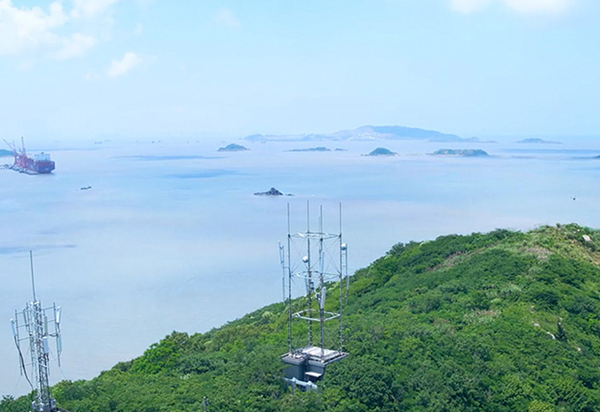
Network paves the road to poverty alleviation
Maopo Village is located in Kaiyang county, Guiyang city, Guizhou province, with an altitude of 1000 meters and surrounded by mountains. Most families in the village have no communication signal or weak signal, and communication and life are extremely inconvenient. At the same time, the lack of information also brings about the backwardness of the economy.
Maopo village is one of the key poverty alleviation villages in Guizhou. Rural digitalization has been included in the poverty alleviation work. China Unicom has planned a site in Maopo. However, microwave is not suitable for the village because it is located in a valley and foggy. In addition, the cost of laying optical cables on winding mountain roads is too high. As a result, the site cannot be deployed. Huawei's newly developed RuralStar Pro solution innovatively addresses this problem.
Now villagers can video chat with distant relatives at home, children complete online homework on mobile phones, and accurate poverty-relief information is constantly being transmitted to villagers.
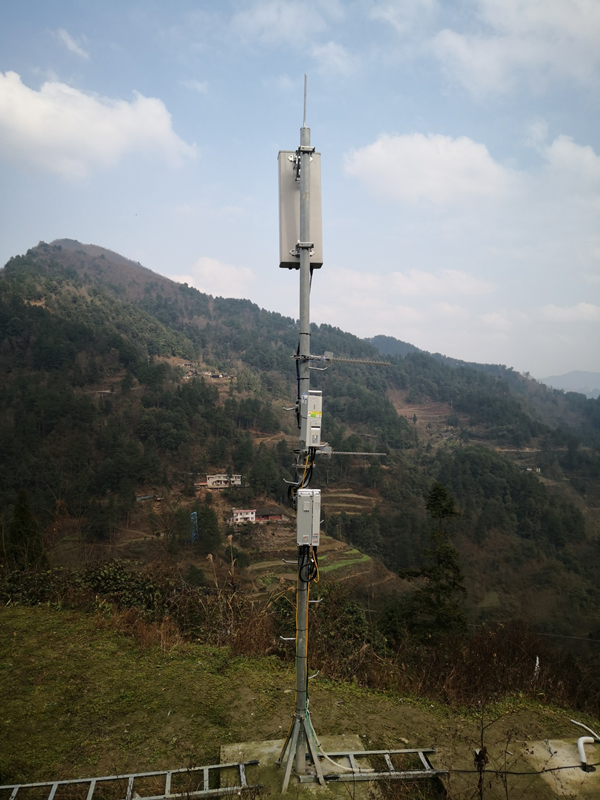
Say goodbye to the "lost" state in remote areas
By the end of 2020, RuralStar has deployed more than 110 networks in 60 countries, bringing communications connectivity and digital technologies to more than 50 million people in remote areas.
From connectivity to omnipresent intelligence
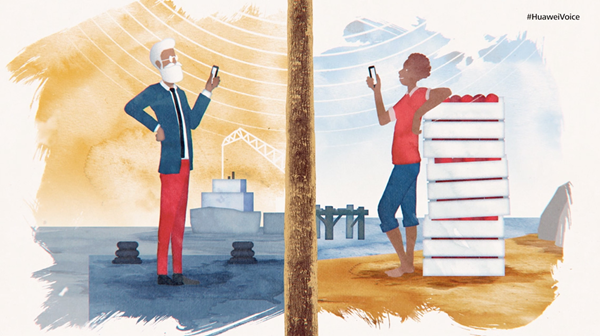
To build an open, inclusive, and smart world, information connectivity is often the first step. Huawei RuralStar brings information dividends to places that have been temporarily forgotten by development. For them, connectivity is not just about convenience, but also about basic economic inclusion. Remote life-saving, e-payment, and online classrooms... where connectivity goes, more opportunities emerge, sparking development beyond imagination. Together, we can drive global sustainability through more inclusive, open and secure digital technologies.

The World Internet Conference (WIC) was established as an international organization on July 12, 2022, headquartered in Beijing, China. It was jointly initiated by Global System for Mobile Communication Association (GSMA), National Computer Network Emergency Response Technical Team/Coordination Center of China (CNCERT), China Internet Network Information Center (CNNIC), Alibaba Group, Tencent, and Zhijiang Lab.





